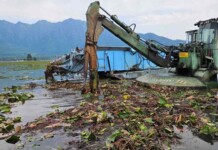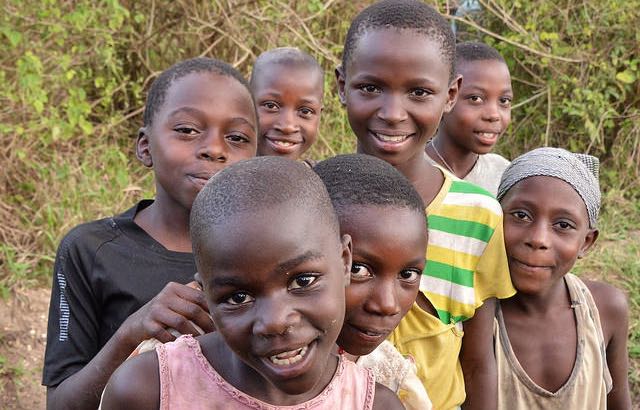The Region of the Americas is the first in the world to have eliminated measles, a viral disease that can cause severe health problems, including pneumonia, blindness, brain swelling and even death. This achievement culminates a 22-year effort involving mass vaccination against measles, mumps and rubella throughout the Americas.
Measles is the fifth vaccine-preventable disease to be eliminated from the Americas, after the regional eradication of smallpox in 1971, poliomyelitis in 1994, and rubella and congenital rubella syndrome in 2015.
“This is a historic day for our region and indeed the world,” said PAHO/WHO Director Carissa F. Etienne. “It is proof of the remarkable success that can be achieved when countries work together in solidarity towards a common goal. It is the result of a commitment made more than two decades ago, in 1994, when the countries of the Americas pledged to end measles circulation by the turn of the 21st century.”
MORE: First Ever Quadriplegic Treated With Stem Cells Regains Motor Control in His Upper Body
Before mass vaccination was initiated in 1980, measles caused nearly 2.6 million annual deaths worldwide. In the Americas, 101,800 deaths were attributable to measles between 1971 and 1979. A cost-effectiveness study on measles elimination in Latin America and the Caribbean has estimated that with vaccination, 3.2 million measles cases will have been prevented in the Region and 16,000 deaths between 2000 and 2020.
Measles is one of the most contagious diseases and affects primarily children. It is transmitted by airborne droplets or via direct contact with secretions from the nose, mouth, and throat of infected individuals. Symptoms include high fever, generalized rash all over the body, stuffy nose, and reddened eyes. It can cause serious complications including blindness, encephalitis, severe diarrhea, ear infections and pneumonia, particularly in children with nutritional problems and in immunocompromised patients.
RELATED: Simple Blood Test Could Detect Cancer Ten Years Before Symptoms Show
As a result of global measles elimination efforts, only 244,704 measles cases were reported worldwide in 2015, representing a significant decline from earlier years. However, more than a half of these reported cases were notified in Africa and Asia.
“I would like to emphasize that our work on this front is not yet done,” warned Etienne. “We can not become complacent with this achievement but must rather protect it carefully. Measles still circulates widely in other parts of the world, and so we must be prepared to respond to imported cases. It is critical that we continue to maintain high vaccination coverage rates, and it is crucial that any suspected measles cases be immediately reported to the authorities for rapid follow-up.”
CHECK OUT: FDA Finally Bans Antibacterial Soaps Containing Triclosan and 18 Other Chemicals
In the 1990s, a decline in cases was recorded, but the most notable decrease was observed after the Region had launched its initiative to eliminate measles in 1994. That year, the countries of the Americas established the goal to eliminate indigenous transmission of measles by the year 2000, through the implementation of surveillance and vaccination strategies recommended by PAHO/WHO.
PAHO/WHO’s elimination strategy had recommended three lines of action for countries: 1) conduct a one-time national campaign to bring children between 1 and 14 years of age up to date with measles vaccination; 2) strengthen routine vaccination to reach a minimum of 95% of children every year; and 3) undertake massive follow-up campaigns every four years, to reach a minimum of 95% of children aged 1 to 4 with a second dose of vaccine.
MORE: After Marrying On Her ‘Deathbed,’ This Bride Made a Miraculous Recovery After Quitting 1 Food
Following this strategy, the last indigenous measles outbreak was registered in Venezuela in 2002. However, some countries in the Region still notified imported cases. Between 2003 and 2014, 5,077 imported measles cases were registered in the Americas.
After declaring the elimination of rubella and congenital rubella syndrome in 2015, the International Expert Committee waited for evidence of the interruption of a measles outbreak in Brazil, which had begun in 2013 and lasted for more than a year. After a year of targeted actions and enhanced surveillance, the last case of measles in Brazil was registered in July 2015.
(Source: WHO)
This Story Isn’t Contagious, But You Can Still Spread It To Your Friends: Click To Share – Photo by Rod Waddington, CC




















